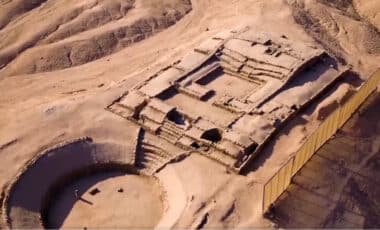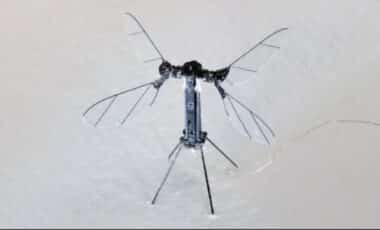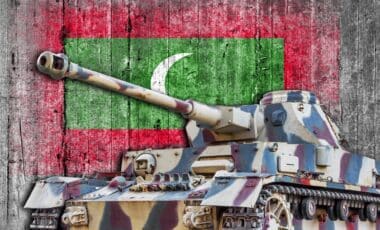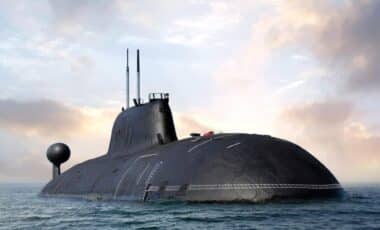Mesches, a former sales and marketing executive from western New York state turned authorwho now resides in Frisco, Texas, is the biographer of, “Major General James A. Ulio”, anotherfierce, persevering American fighting star.“General Carey combined drive, resilience, commitment, Christian faith, and strongconvictions in building a life of achievement in the USMC and beyond. While he madesignificant achievements in aviation and senior leadership roles, he always came back to histime spent in the Korean War. Carey learned from Marine Corps leaders such as O.P. Smith andChesty Puller. The skill and professionalism of World War II officers and NCOs stayed with him.Carey’s Korean battlefield experiences influenced his decisions and command philosophythroughout his career,” Mesches magnificently points out. “There is so, so much to this kind,gentle, but no no-nonsense man. After all, he was, by every possible definition, a brave
American soldier.”








